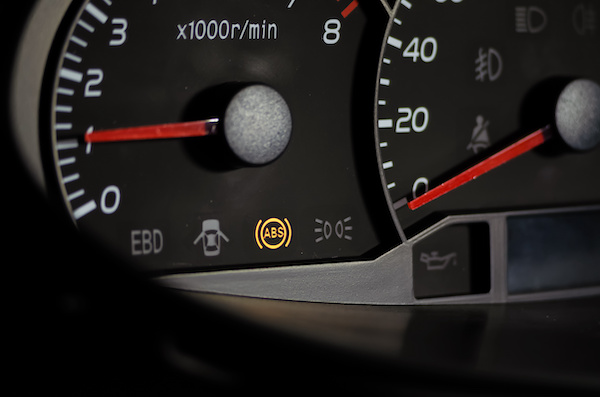Posted on 12/23/2022

Dirty fuel injectors can lead to a number of issues with your engine, from poor performance to complete engine failure. It's important to recognize the symptoms of dirty fuel injectors and take action to clean them before it's too late. Here are three of the most common symptoms of dirty fuel injectors: 1. Poor Fuel Economy: One of the most common signs of dirty fuel injectors is reduced fuel economy. This is because dirty fuel injectors can cause a misfire, resulting in wasted fuel and reduced engine performance. 2. Rough Idling: Another symptom of dirty fuel injectors is rough idling when the engine is running. This can be caused by a buildup of fuel deposits in the injectors, causing them to spray too much or too little fuel into the engine. 3. Poor Performance: A third symptom of dirty fuel injectors is a general lack of performance. Injectors that are clogged or not spraying properly can cause your engine to run poorly ... read more
Posted on 11/29/2022
.jpeg)
When your car won't start, it can be a real inconvenience. There are many things that can cause this problem, from a dead battery to a faulty alternator. If you're not sure what the problem is, bring your car into an auto repair shop for diagnosis and repair. In this blog post, we'll discuss some of the most common causes of starting problems and what you can do to fix them. We'll also provide some helpful tips for keeping your car running smoothly all winter long! Car Starting Problems There are a few things that can cause your car to not start. Here are some of the most common issues: 1. Dead Battery - One of the most common reasons for a car not starting is a dead battery. If your battery is more than three years old, it's probably time to replace it. You can check the battery yourself by using a voltmeter to test the voltage. A fully charged battery should read between 12.6 and 12.8 volts. If it reads below 12.4 volts, it's time for a ne ... read more
Posted on 10/31/2022

ABS refers to your car's antilock braking system. If your car's ABS warning light is on in your car's gauge cluster, that means the anti-lock system has been deactivated because of a malfunction. The antilock braking system is designed to prevent you from locking up your brakes by applying so much pressure that the brakes, axle, and wheels stop moving completely. This feature comes in handy when you travel at high speeds and use breaks suddenly. If you suddenly apply the brakes and they lock while the car is still in motion, you will be thrust into a skid, losing control of the vehicle, which can lead to a dangerous accident. Why is My ABS Warning Light On? There are a few reasons why your ABS light is illuminated, but they all lead to one conclusion: your ABS is turned off, which is not ideal. It is important to note that you can turn your ABS on and off at will. Here are some reasons your ABS is turned off. An ABS controller that has stopped working- There are a few r ... read more
Posted on 10/14/2022

As many owners already know, Mercedes-Benz is a marque which prides itself on best-in-class luxury and reliability. A well maintained Mercedes-Benz automobile will last its owner for hundreds of thousands of miles, smiles and driving experiences like no other. The brands slogan "The Best Or Nothing" really does ring true and show in the quality of their product. To keep your Mercedes in the best condition possible, Mercedes categorizes it's regular maintenance as "A-Service" or "B-Service". A Service - This service occurs every 10,000 miles or 1 year, whichever comes first. - Engine oil and Filter Change - Fluid level checks and top-offs as required- Tire inflation checks and corrections- Brake system inspection- Resetting the maintenance counter ... read more
Posted on 9/30/2022

You probably already know how important the timing belt is to the performance of your vehicle. Since you never want one to break on you while the car is in motion, you might be wondering when you should go ahead and replace it in order to keep that from happening. While there is no hard and fast rule to determine at what intervals the timing belt should be replaced, there are certain guidelines you can use to make that decision for yourself. Continue reading to learn how often you should replace the timing belt in your car. How Old Is Your Car? Much of the determination surrounding when to replace your timing belt revolves around the age of the vehicle itself. Older models may need to have the belt replaced every 60,000 miles or so, while more recent models can go for over 100,000 miles. Much of it has to do with how hard the engine works. You will also want to take into account the size of the engine, as this will impact the life of the timing belt as well. In the e ... read more